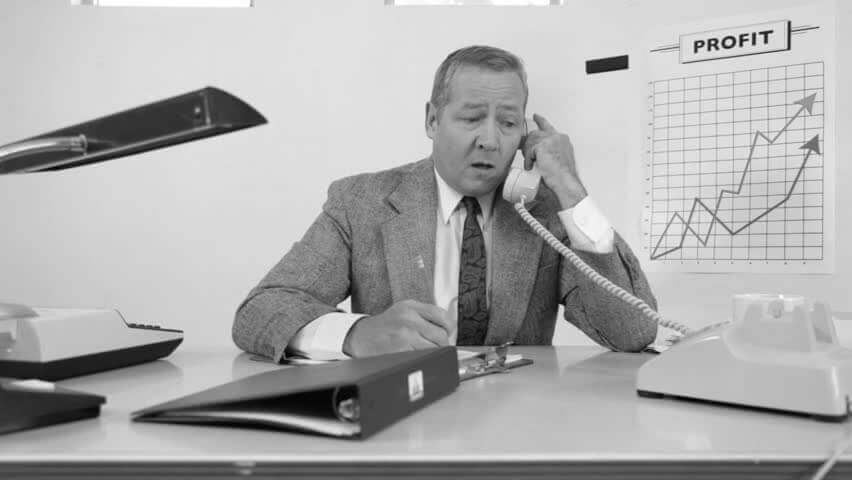Imagine being a hotel sales manager. A promising lead comes in, but instead of swiftly closing the deal, you find yourself bogged down by outdated processes. Your excitement wanes as you juggle multiple systems, negotiate with revenue managers, and manually crunch numbers. This isn’t just frustrating – it’s costly.
NB: This is an article from LodgIQ, one of our Expert Partners
Subscribe to our weekly newsletter and stay up to date
The Problem: Inefficiency and Delays
In the fast-paced world of hotel sales, speed is crucial. A lead arrives, and the goal is to convert it into a confirmed booking quickly. However, the current methods are slow and cumbersome. Sales teams often have to:
– Manually calculate room-to-space ratios.
– Pull historical data.
– Estimate ancillary revenue.
All these steps typically require approval from a revenue manager. This multi-step process not only delays the response but also risks losing the business to faster competitors.
The Reality: Manual Processes and Misalignment
Traditionally, hotel sales and revenue management operate in silos. Sales managers focused on closing deals often find themselves negotiating internally with revenue managers who are preoccupied with ensuring optimal pricing. This internal negotiation is time-consuming and detracts from the core objective: serving the customer.
Revenue managers need to understand displacement analysis and the true net value of a deal, considering both room revenue and ancillary income. Yet, without streamlined systems, these calculations become bottlenecks. The result? Lost deals and frustrated teams.
The Solution: Integrated Technology
What hoteliers need is integrated revenue management and sales proposal technology. This would bridge the sales and revenue management gap by integrating group pricing tools directly into the sales workflow. This means:
– Seamless Integration: Sales managers should be able to access powerful group pricing tools without leaving their primary system.
– Speed to Market: Automated pricing and proposal generation reduce the time from lead to contract, increasing the likelihood of winning business.
– Enhanced Data Utilization: By incorporating sales-specific data into the revenue management system, hotels can make more informed decisions and provide better recommendations.
The Impact: A Unified Approach
With this integration, sales and revenue management no longer need to operate in isolation. The integrated technology facilitates a more cohesive approach, ensuring that both teams work towards a common goal: maximizing hotel revenue. Sales managers can focus on what they do best—building relationships and closing deals—while revenue managers can trust the system to provide accurate, timely data.
Looking Ahead: Embracing Change
For hotels to thrive in today’s competitive landscape, embracing technological advancements is crucial. Integrated revenue management and sales proposal technology enable hotels to operate more efficiently and effectively. By breaking down silos and streamlining processes, hotels can enhance their group sales operations, ultimately driving better business outcomes.
In conclusion, the days of outdated, manual processes in hotel group sales are numbered. With integrated technology solutions, sales teams can respond faster, close more deals, and contribute to the overall success of the hotel. The future of hotel group sales is not just about adopting new tools – it’s about transforming how teams work together to achieve common goals.





